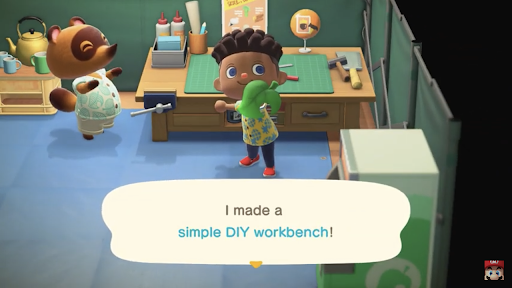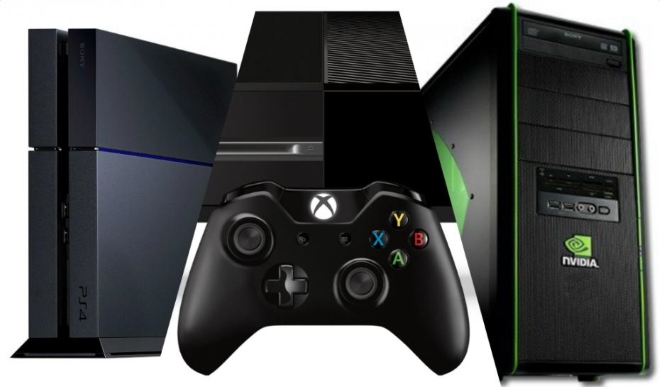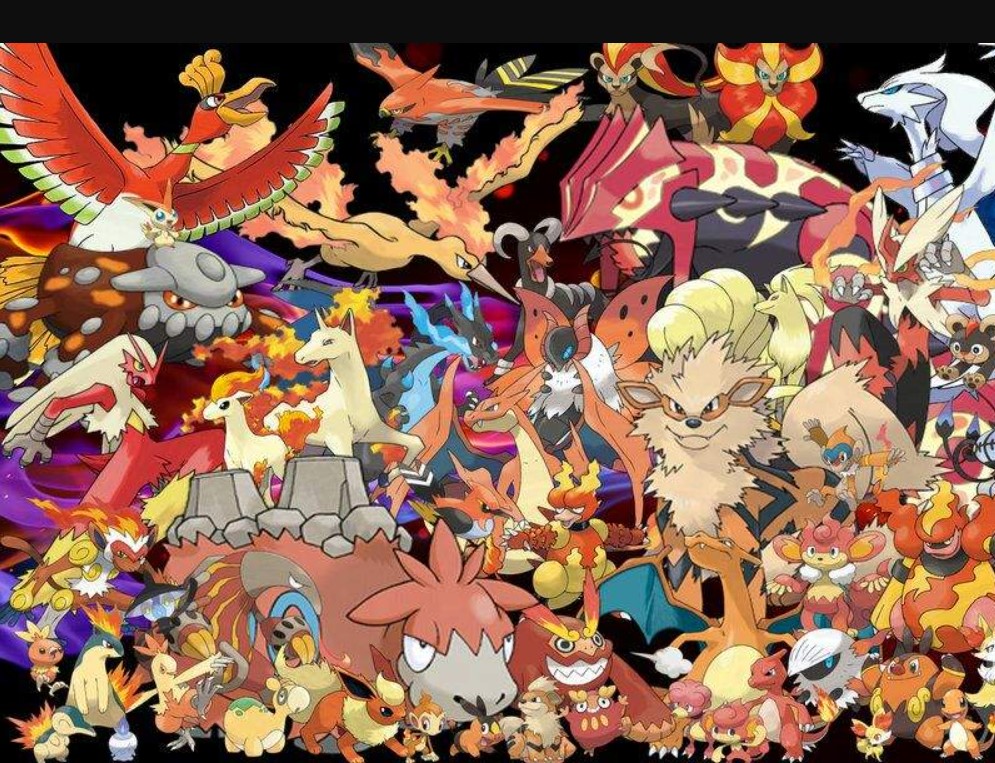
Which Video Game Mogul Is On Top?
Sega and Nintendo have been rivals for decades. From the very beginning the two have fought to be the top of their industry, and while there are other competitors such as Sony and Microsoft the Video Game world has never seen a clash as brutal as the battle between these two classic companies.
Over two years ago, Game Theory's Matthew Patrick posted a video as part of their Deadlock dispute segment comparing the SNES and the Genesis. You can watch the video for yourself here.

Deadlock is a debate based video series where Matpat and other famous youtubers discuss trendng disputes within the gaming community. This particular video went over the details of the Sega Genesis and the Super Nintendo Entertainment System; the two consoles that some say started it all.
The dispute opens up with a discussion on “the numbers” surrounding the quality of both systems. Sega Genesis boasted a 16 bit graphics system, a 320x220 resolution display, 512 colors, a built in synthesizer 6 sound channels and 64 kilobytes of RAM, where as the SNES had a higher display resolution, more than 32,000 colors, 8 sound channel and, almost twice as much RAM at 120 kilobytes. Although Genesis was a faster system by 4.11 MHZ, Nintendo outsold and out produced Sega in groundbreaking games including FZERO, Starfox, Legend of Zelda, Earthbound, Yoshi, SuperMario, etc.
Matpat, as he’s known on his youtube channel, disputed this by bringing up the fact that Sega was a haven for 3rd party game productions from the get go, casting aside the monotony of a monopoly and giving several companies the opportunity to release their products, as opposed to Nintendo whose games are all made and produced by Nintendo.

The Genesis was the first console to present wireless controllers, online gaming, downloadable games and reverse compatibility.
Sega also introduced the game case - a simple but game changing development. In the closing arguments the point was made that Nintendo’s SNES was a genre defining system but the point stands that Genesis was the original 16 bit game console with wireless controllers, downloadable games, online gaming and backward compatibility - all features that are commonplace in modern consoles. To close the argument, SNES was definitely credited to be the better of the two consoles, but it cannot be denied that Sega was the most influential in terms of technology.
Past Skirmishes
In 1983, Sega and Nintendo released their first systems on the same day, both selling consoles by the hundreds of thousands, but due to hardware issues, Sega ended up taking the upper hand in selling almost 200% more than their projected numbers in the first year,. Although Sega had 21 games out within that year compared to Nintendo’s 9, Nintendo managed to sign contracts with Namco and Konami, which left Sega without any major game production companies to rely on in the future and ultimately put Nintendo in the lead, according to Geek inc.
As time went on, Nintendo released consoles such as the Nintendo 64, which competed with Sega’s Saturn - a game system which lost out on sales by over 20 million units. Later on, the Gamecube again defeated Sega’s Dreamcast console, as pointed out by Venturebeat, ultimately ending Sega’s console legacy,and reducing them from a company that created and produced systems to a company that now only develops games sold through third party companies such as the infamous ATGames.
Current Battles
Today the game industry has to take all new steps to attract customers and maintain customer satisfaction. With new technology constantly being released, the question comes to mind as to how Sega and Nintendo plan on upping the ante.
According to Nintendolife, Sega is releasing games for mobile phones, including Sonic the Hedgehog and other classics. They’re free to download, but come with advertisements unless you decide to purchase the apps for something like two or three dollars. Sega’s Marketing Chief Mike Evans states in an interview with Gameindustry.biz that “Nostalgia is actually very much in vogue, which is one the reasons we've been chasing it down. Everything Nintendo has been doing has been driving big waves in nostalgia, they've done some amazing things and they had a lot of success with the classic NES”
This is a pretty strong move on Sega’s part, but will it compare to Nintendo’s already booming mobile campaign? When Pokemon Go* was in it’s prime it had 28.5 million players and no Sonic remake could possibly combat that.

Image provided by redcode.net
With Sega no longer producing consoles since the Dreamcast failed against competitors such as Sony and (obviously Nintendo) but what they still have is the legendary mascot Sonic, whose games keep coming up with titanic sales and followers. This year a new sonic game is being released, Sonic Forces, which Vice Waypoint reporter Mike Diver claims isn’t “looking especially healthy” in comparison with Mario’s newest addition: Super Mario Odyssey, an open world game with Nintendo’s most famous mascot at the center of a whole new realm of Nintendo’s famous landscapes.
Diver describes Sonic Forces as being a failed game, with a mixed up representation of the avatar including the “thin-limbed Sonic” of more contemporary times and a “portlier alternative more akin to the 16-bit original.” Diver claims that the best aspect of this new Sonic game is the fact that there is finally a custom character option. The only positive aspect that he offers is directed at Sega’s collaboration with Christian Whitehead and Simon Thornley - Sonic Mania, which isn’t set to hit shelves until next month.
Compared to the upcoming and highly anticipated Super Mario Odyssey, which Nintendo has set to be released in October of this year, already boasting 3 awards consisting of best action/adventure game and best console game and game critics best of show (all awarded by E3 2017.)

With Sega’s games being sold on Nintendo’s gaming platforms since the Wii and the DS it’s fair to say that Nintendo has won the war. Even with the upcoming throwback systems Sega just doesn’t stand a chance.
*Although Nintendo doesn’t necessarily own Pokemon Go, it does maintain ownership of 32% of the Pokemon company, and has benefited from the release of the game. You can read more about those details on The Verge’s website.

























